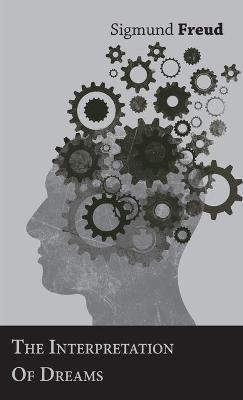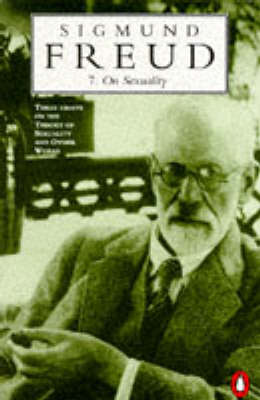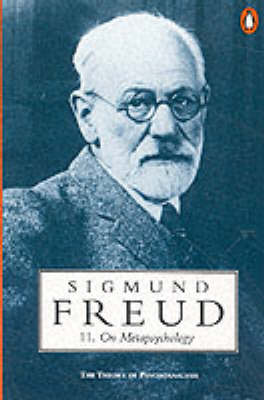Penguin Freud library
3 total works
“The interpretation of dreams is the via regia to a knowledge of the unconscious element in our physical life.”—Sigmund Freud
Freud’s discovery that the dream is the means by which the unconscious can be explored is undoubtedly the most revolutionary step forward in the entire history of psychology. Dreams, according to his theory, represent the hidden fulfillment of our unconscious wishes. Through them the inhibitions are released and tensions relaxed. The ability to interpret these manifestations of conflict in the human psyche opened a vast new realm of investigation, particularly invaluable in the treatment of neuroses. By his pioneer investigations into the world of dreams, Sigmund Freud created a transformation in our generation’s thinking.
The Interpretation of Dreams is offered here in the translation by Dr. A. A. Brill, who for almost forty years was the translator and standard-bearer of Freudian theories in America.
Freud’s discovery that the dream is the means by which the unconscious can be explored is undoubtedly the most revolutionary step forward in the entire history of psychology. Dreams, according to his theory, represent the hidden fulfillment of our unconscious wishes. Through them the inhibitions are released and tensions relaxed. The ability to interpret these manifestations of conflict in the human psyche opened a vast new realm of investigation, particularly invaluable in the treatment of neuroses. By his pioneer investigations into the world of dreams, Sigmund Freud created a transformation in our generation’s thinking.
The Interpretation of Dreams is offered here in the translation by Dr. A. A. Brill, who for almost forty years was the translator and standard-bearer of Freudian theories in America.
v. 7
This volume contains all of Freud's major writings on sexuality. It begins with his revolutionary "Three Essays on the Theory of Sexuality" (1905). It also includes shorter papers on normal and abnormal sexuality, illustrated by numerous examples provided by Freud's own patients. These writings follow the full range and development of this thought up to 1931, covering such topics as sexual education of children, the psychology of love, perversions, the taboo of virginity and anal eroticism. His views changed considerably over the years, particularly those concerning the development of sexuality in children, the Oedipus complex, the relation of character to sexual types and the sexual life of women.
Covering the last three decades of Freud's life, this collection provides a chronological account of Freudian metapsychology, enabling the reader to trace the development of Freud's thought and modification of his theories in the light of his findings from his clinical work. These writings cover all the topics central to psychoanalytical theory: the role of the unconscious in mental life, instinct theory (including the life and death instincts and the concepts of repetition compulsion), reality-testing and the ego's relation to the external world.


